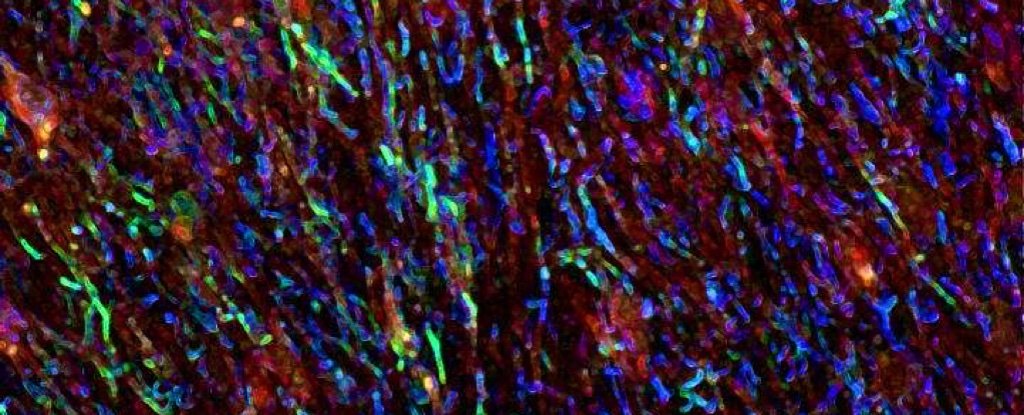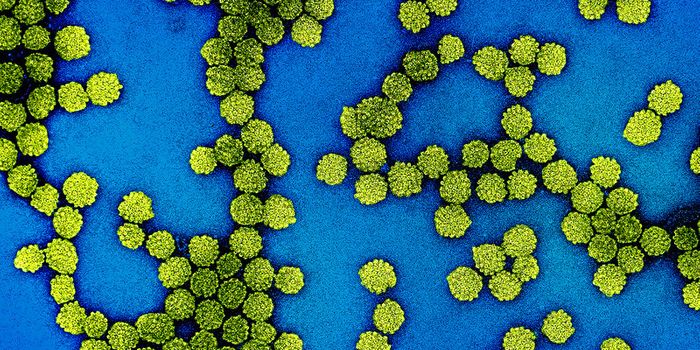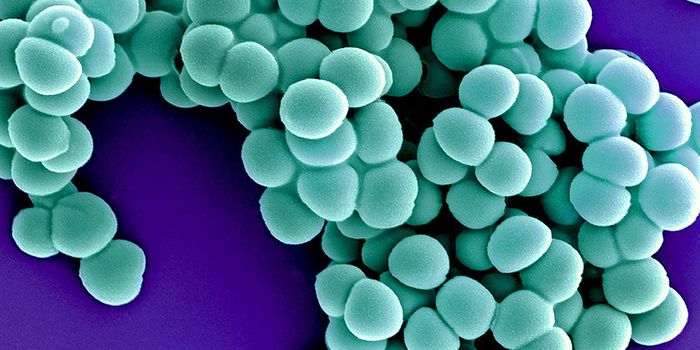Brain and Gut Link in Multiple Sclerosis
Scientists have discovered a new molecular pathway connecting brain and gut that if learned how to control, may be able to treat Multiple Sclerosis and other neurological disorders.
"We essentially discovered a remote control by which the gut flora can control what is going on at a distant site in the body, in this case the central nervous system," says lead researcher and neurologist Francisco Quintana from Harvard University.
This remote control is based around two categories of cells in our central nervous system functions: microglia and astrocytes.
Microglia are immune cells that hunt the the central nervous system seeking old and damaged cells that can contribute to inflammation. Astrocytes are a brain support cell that prevent inflammation. Ironically, astrocytes also possess inflammation promoting properties.
In the study, the researchers examined dietary changes on mice with a mouse form of multiple sclerosis, particularly observing effects. What was found was the consumed levels of tryptophan allowed the production of two proteins TGF-alpha and VEGF-b
TGF alpha is good, because it binds to receptors on the astrocytes, inhibiting inflammation. The other protein, VEGF-B, also binds to astrocytes, however, this type of binding produces inflammation.
"One of the biggest unanswered questions we had is: what mediates the crosstalk between microglia and astrocytes?" Quintana explains. "VEGF-B seems to boost pathogenic or pro-inflammatory responses of astrocytes, while TGF alpha does exactly the opposite."
The investigators acknowledge that still plenty of work needs to be completed in this area and the tryptophan discovery is just the start of the journey.
In the future, research will examine the presence of metabolites and if it affects the astrocyte receptors, as well as the examination of molecules released by gut bacteria in more detail. Ultimately, researchers hope to be able to control this process therapeutically. Using targeted chemicals to activate this anti-inflammation channel, inside our metabolism. “We are a long way away from being able to make recommendations about diet in MS. It's premature to recommend any dietary changes or interventions," explains Bruce Beno, and executive VP of research at the National MS Society.
"We hope that within the next few years, drugs can be found for trials and tested in patients."
Source: Nature









